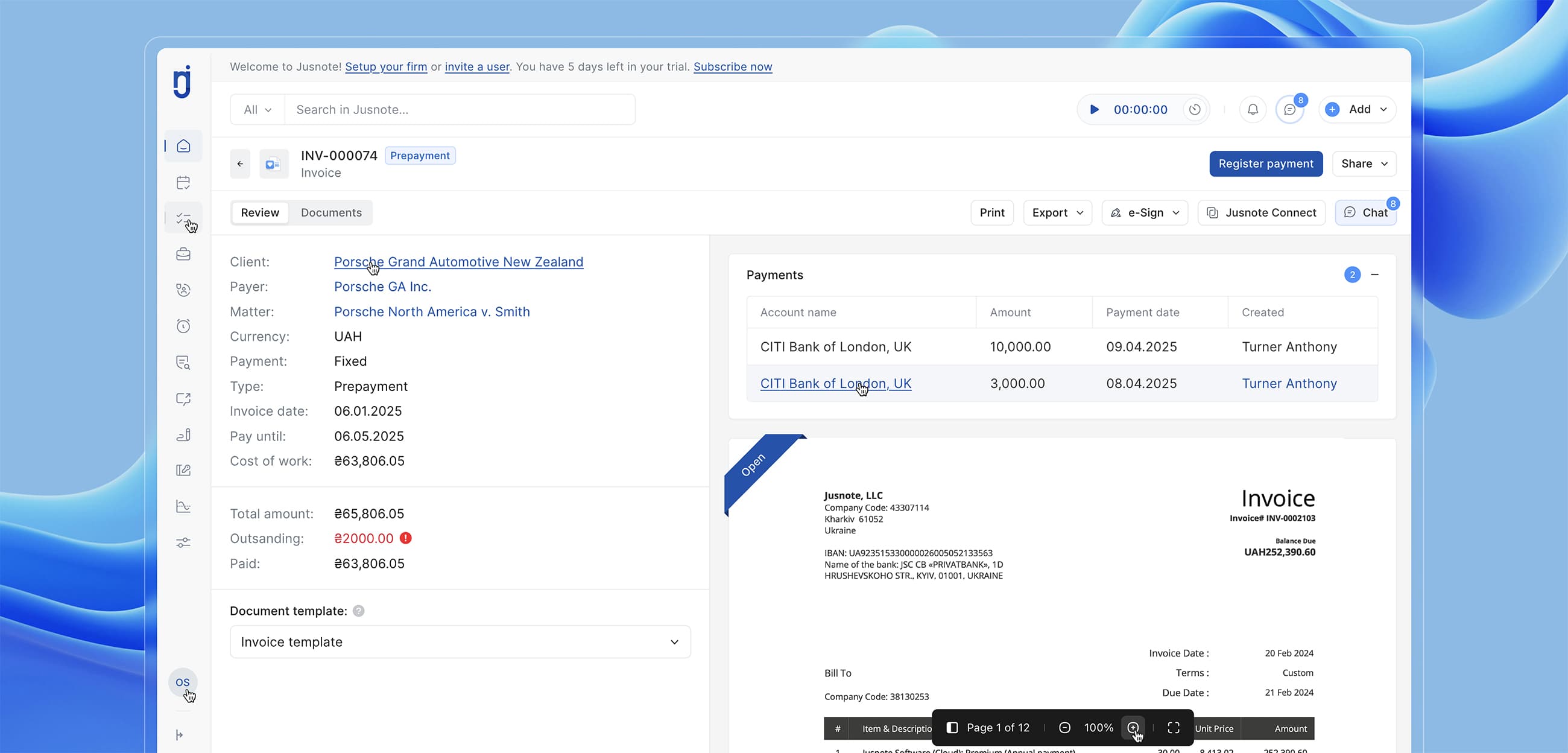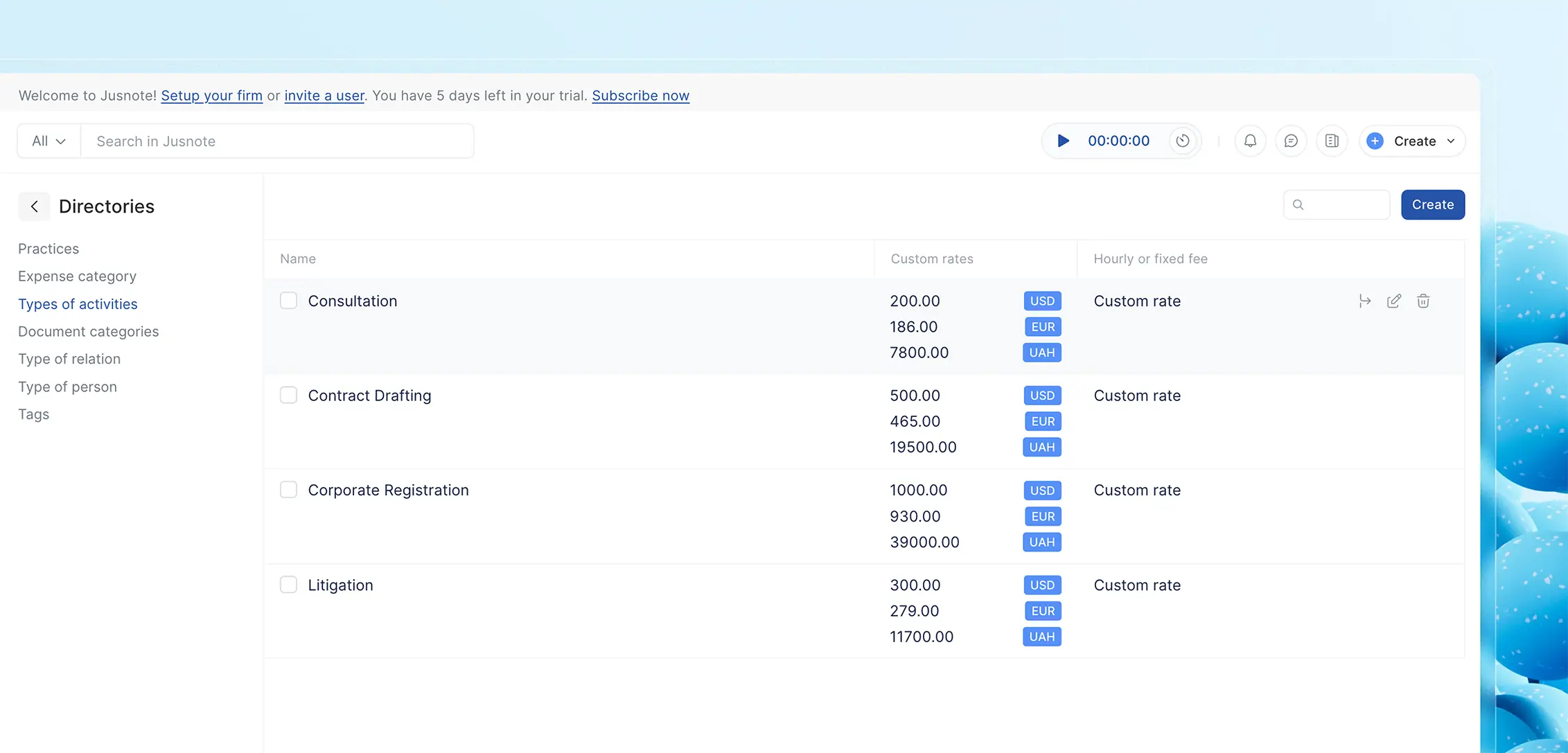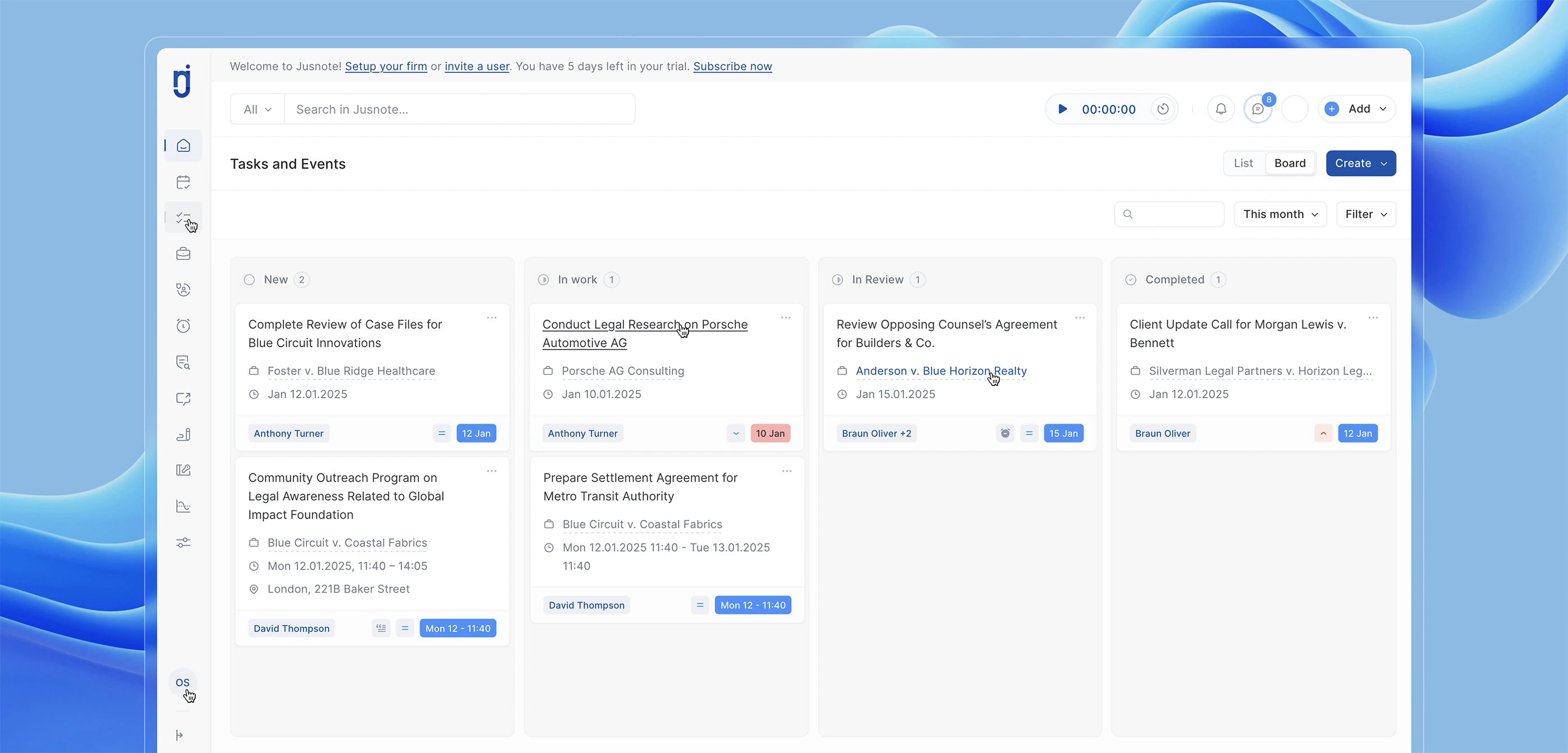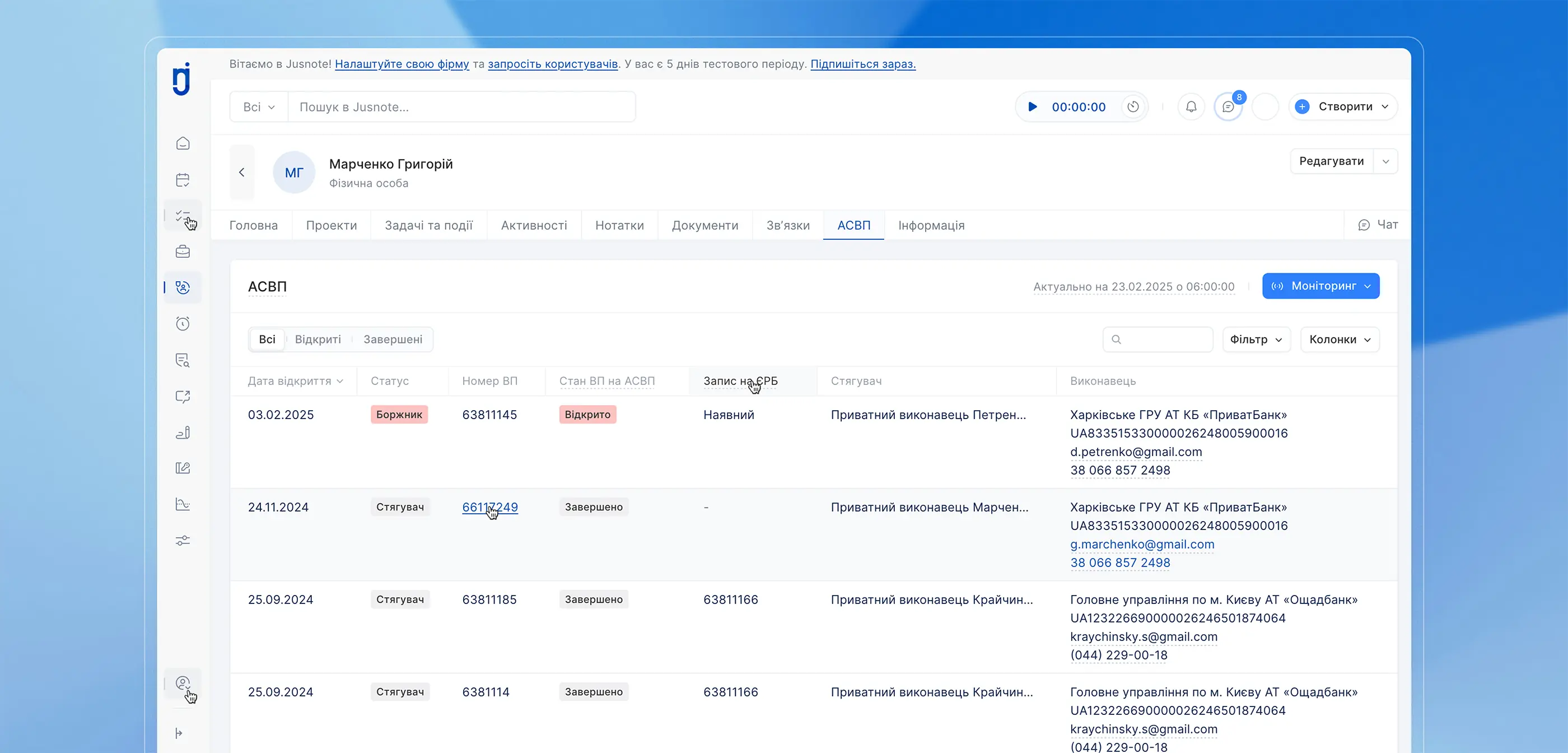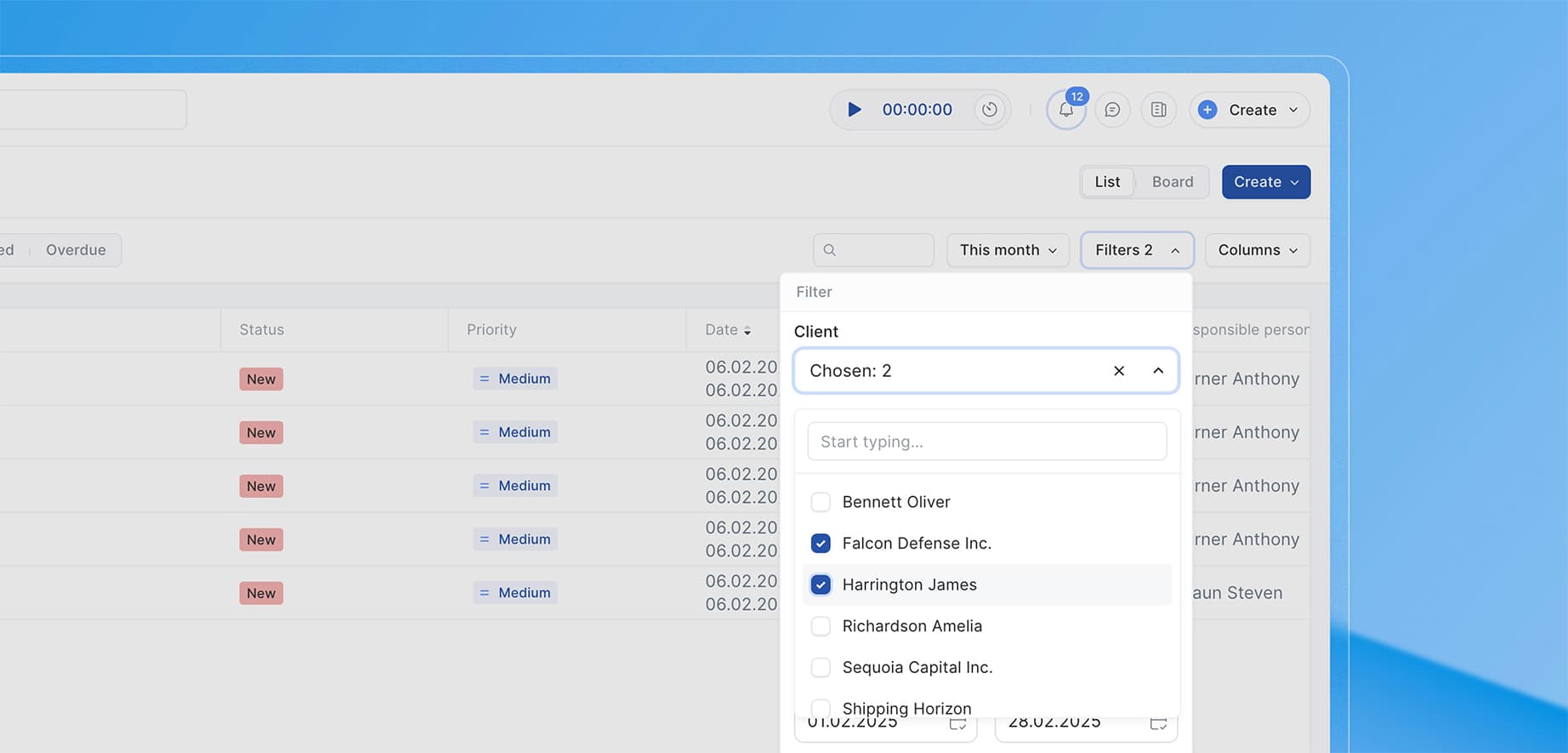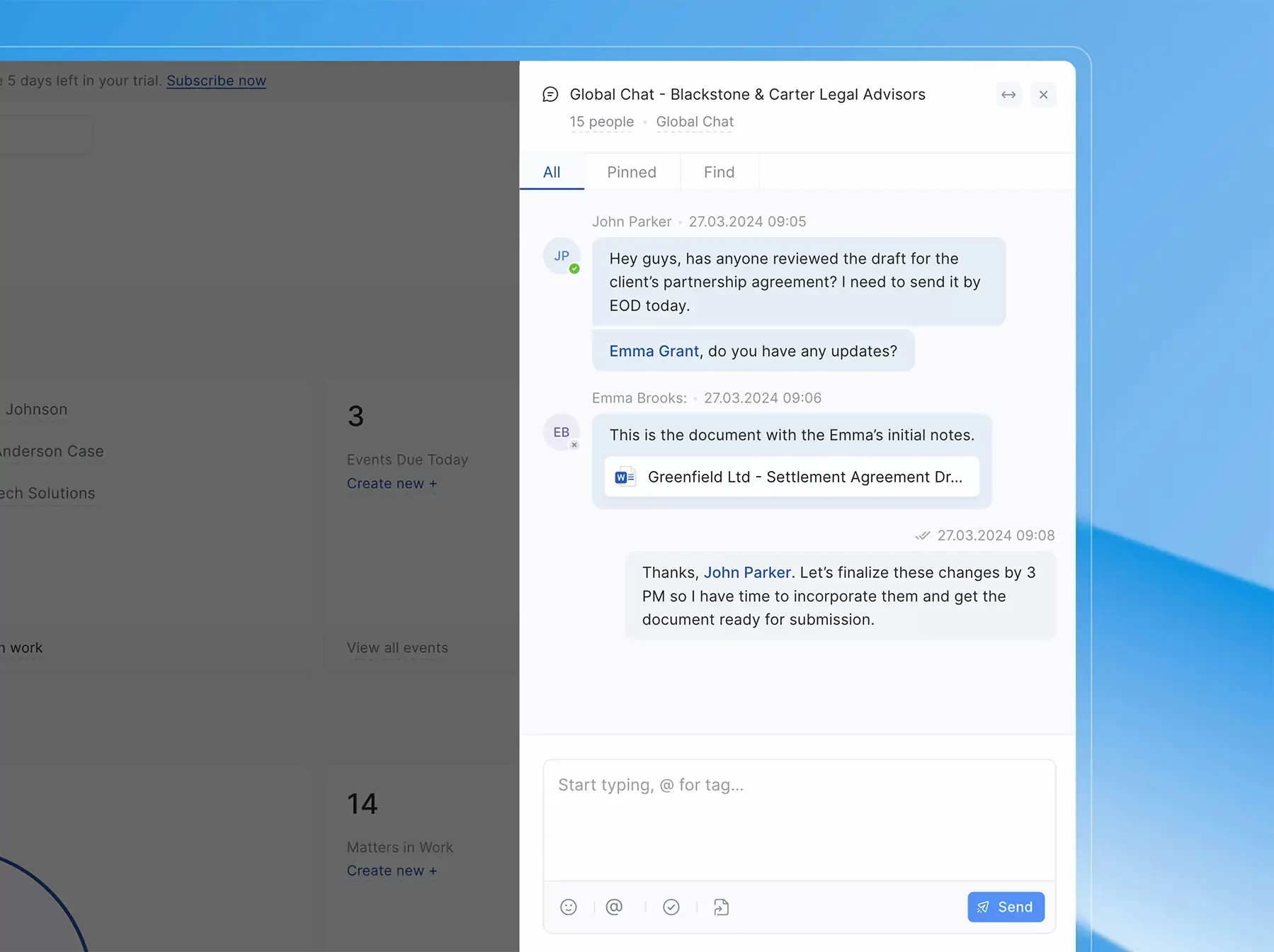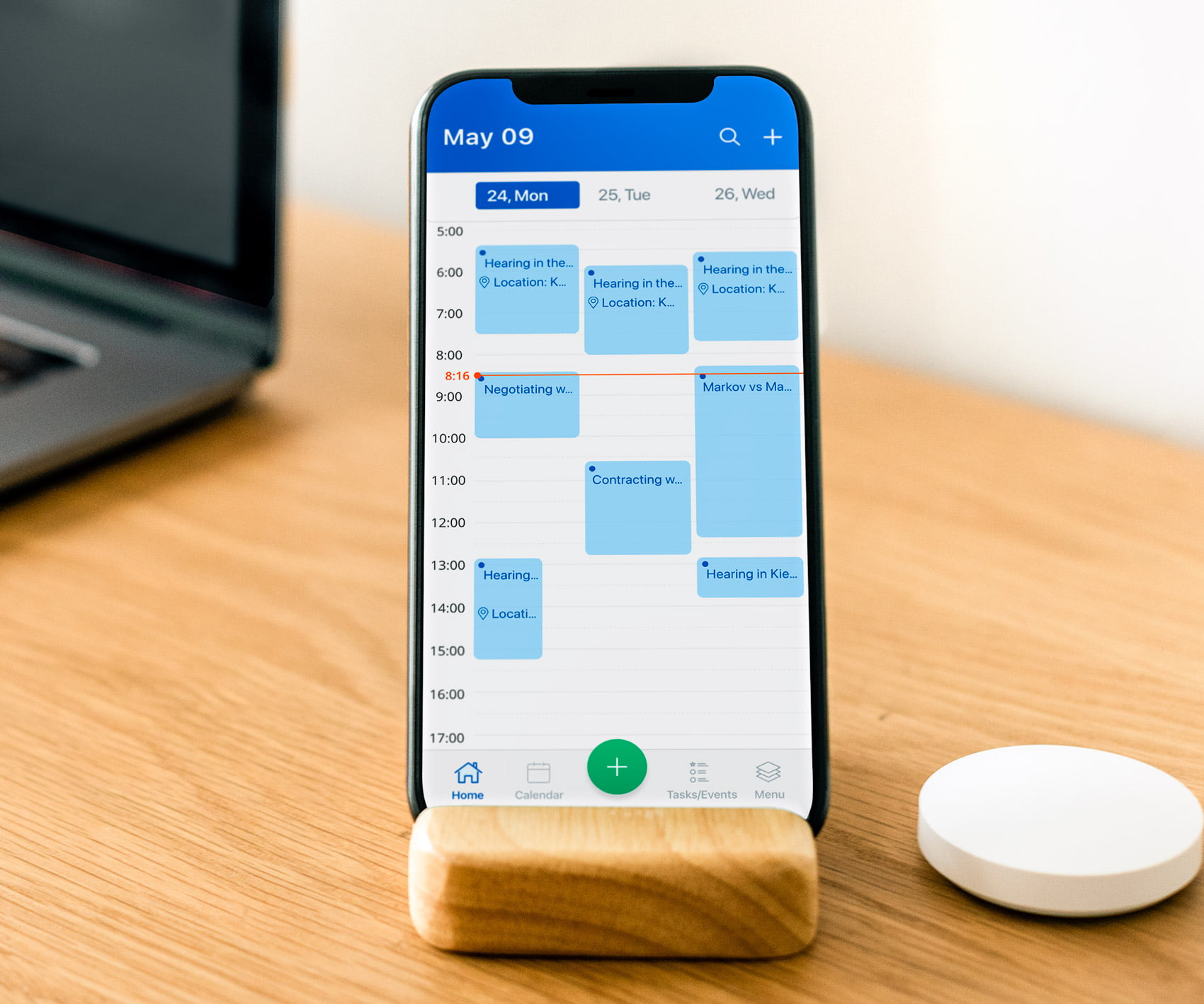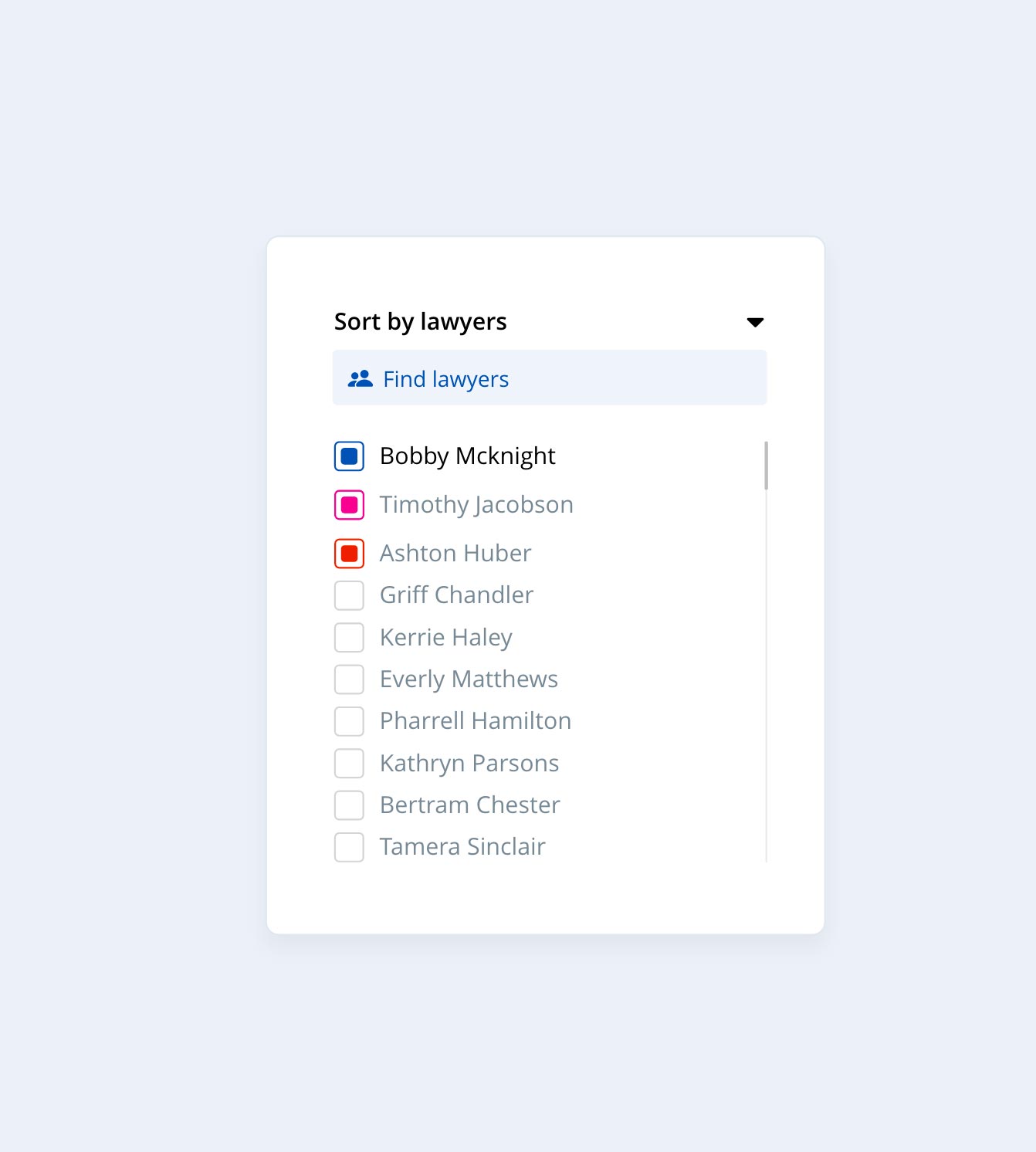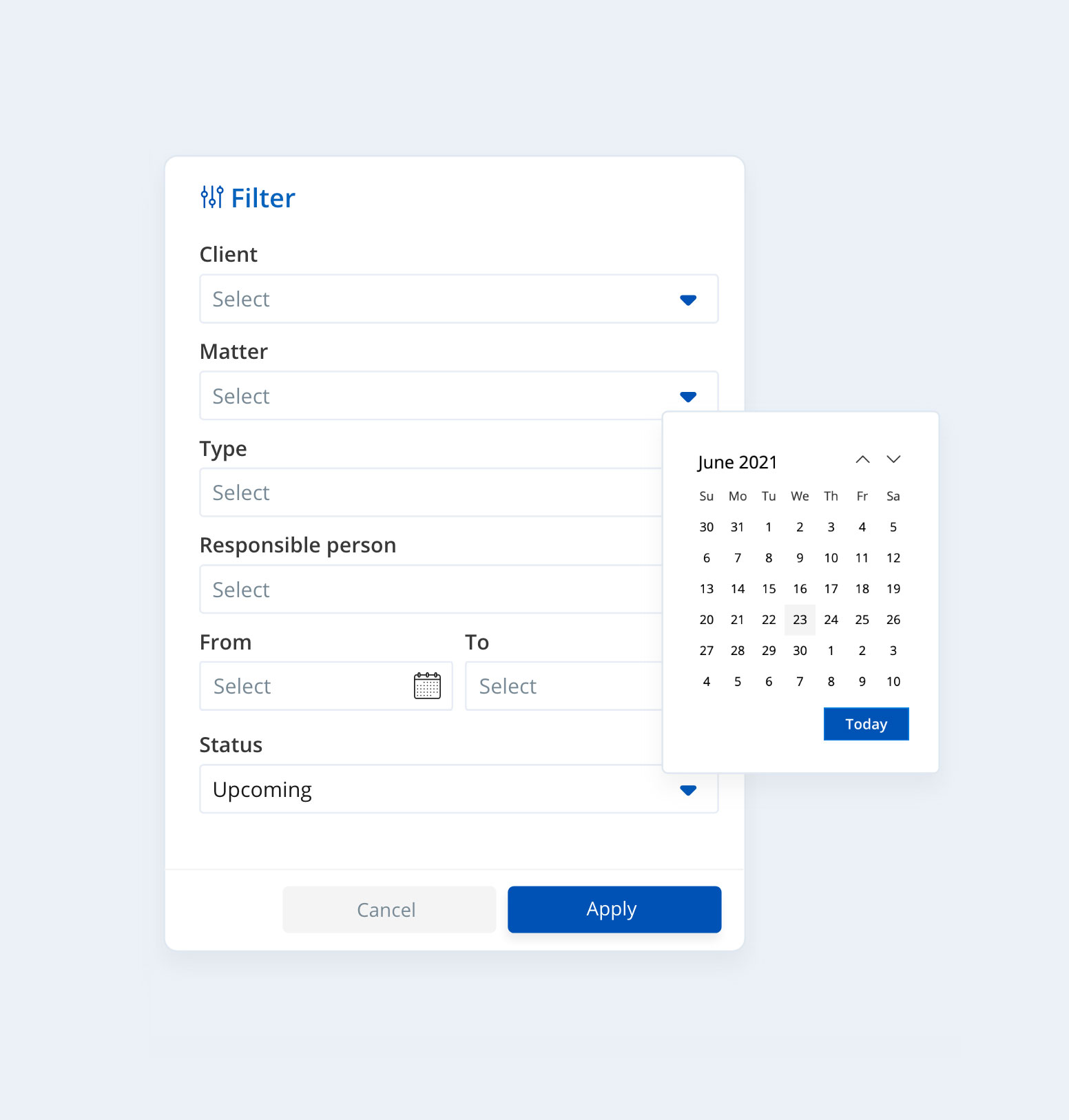In this article, we’ll look closer at some crucial steps on how to transit to a remote law office.
#1 Inform your clients and colleagues about remote practice
Whether you are about to start a remote law practice or have already attempted to support clients online, you must communicate to your clients and team all policies, expectations, and changes they need to know.
Here are some transition tips for everybody to be on the same page:
• Create questionnaires and send them to your clients to evaluate their readiness for online cooperation. Some may still prefer to meet you in person.
• Meet your team and introduce them to the digital channels, tools, and mobile apps you’ll use for internal communication and work.
• If you run a law firm, ensure your employees receive sufficient legal technology training and resources. Many legal software vendors provide free assistance and training to legal staff.
• Send emails to your clients explaining how you will conduct remote consultations, so clients can also adjust their schedules per their needs. You can add links to video conferencing or share your calendar with clients and let them see your availability and book a free slot.
• Discuss the technical aspects with your team to prepare for remote or hybrid work. That means knowing what equipment you and your legal staff may need, such as laptops, scanners, web cameras, headsets, or business VOIP services to answer phone calls remotely.
• Put a notice on your website highlighting that online legal consultations are now available.
#2 Apply security measures to maintain clients’ confidentiality
As more and more businesses (including the legal sector) are shifting to remote work, most consultations with clients and court hearings now take place remotely through video conferencing software. On one side, that shift has made the legal practice more straightforward and accessible, but on the other side — it aggravated the industry-specific privacy concerns.
Look at how to remain secure and ensure privacy for your clients:
1. Implement a cybersecurity policy. Consult with security professionals and train your employees about cybersecurity awareness and standards when using technology. Professional training will help lawyers access your firm’s software better, identify vulnerabilities, and mitigate risks.
2. Strengthen authentication measures. You must ensure that people who access sensitive legal documents are only those with the right to access them. Ideally, you can use an electronic signature to forward and sign legal documents. This helps when you cannot physically determine a person’s identity. A law firm can also require multi-factor authentication to prevent unauthorized access to cloud servers and corporate data loss.
3. Encryption. Lawyers can encrypt all their documents, files, and emails to secure law firm data and protect clients’ confidentiality.
#3 Have a broadband internet connection
Lawyers must deal with large files, digital documents, and PDFs and often use video meetings to get in touch with clients. That requires a reliable, high-speed internet connection and bandwidth. When considering which internet service provider to choose, ask each provider about wired and WiFi plans offered, mentioning the speeds, level of stability you can expect, and pricing. Make sure customer support is available 24/7 in case of any constraints.
If you move to cloud data storage, avoid using public WiFi networks to ensure your internet connection is secure. Use a VPN service, especially when you require fast and secure access to internal files from a remote location.
When using cloud-based legal software, such as Jusnote, you don’t need to install any third-party tools and VPN services. All your data is kept private in one place.
#4 Move to cloud-based document storage
Ensure you have access to all necessary documents and case details if you plan to work online. Cloud-based document storage services allow lawyers to securely store, access, and share records from any location, as long as they have a computer or smartphone with a stable internet connection.
For example, if you’re a Jusnote user, you can sign legal documents using the electronic signature technology provided by DocuSign. Digital signatures allow law firms of all sizes to cooperate with clients, partners, and other legal specialists around the world and reveal consent to agreements in the most comfortable, risk-averse, and fastest way.
#5 Be reachable by phone
If you switch to remote work, there might still be clients who want to reach you by phone. For example, older people or people with limited technology access would prefer calling to texting. For your and your clients’ convenience, make sure all phone calls will be redirected from your office to your personal phone number so that you won’t miss any vital calls.
#6 Conduct professional video sessions
High-quality and professional video conferencing helps replace and imitate personal interactions and lets your clients feel like they are in the same office space. The better lawyers prepare for video meetings, the more satisfied clients they get. Here’s how legal professionals can set themselves up for efficient virtual consultations.
Choose a secure video conferencing tool to maintain clients’ data privacy. It should be easy-to-use, intuitive in design, and allows encryption. If your video call contains sensitive information, you need a higher level of encryption (like end-to-end encryption).
Create a professional meeting environment. That means:
• no harsh backlighting
• the camera is at eye level (clients can see your head, shoulders, and gestures)
• no clutter in the background
• no internet connection drops (double-check your internet reliability)
Run a pilot session with a friend or colleague before practicing with clients. Ensure that audio and video quality are on the proper level.
Prepare for the meeting and send all setup information to clients beforehand. Share a meeting link with credentials (if your video conferencing is protected with a password).
Dress professionally.Typically, attorneys wear a white shirt and a dark jacket — the same level of professionalism as you would wear for in-office meetings.
Specific barriers might arise as more law firms start applying work-from-home policies mixing in-office and out-office hours. Our article reveals the challenges of managing an online law firm and solutions to overcome them.
How do lawyers stay productive when working remotely?
Self-discipline is not enough to make your remote legal practice run efficiently. Embracing professional legal software can help achieve this. Besides, manual duties’ automation can stimulate lawyers to have fewer stressful days, spend less time on commuting needs, and create a desired work-life balance.
Various productivity tools help with document tracking, tasks, or team management. However, it’s better to opt for all-in-one software and get everything you need in one place: keep track of documents, client matters, procedures, policies, correspondence, and everything you need in your regular practice. You can easily track your law practice revenue, billable and non-billable hours, performance results, and highlight areas for improvement.
Using the right technology gives you a clear view of your workload.
This allows you to:
• collaborate with colleagues on the same legal matters
• record time on each legal case
• create and share invoices, generate reports, categorize time and expense entries
• delegate tasks to junior lawyers or legal assistants
• prioritize activities, and set auto-reminders
Take your legal practice to the next level with Jusnote. Let our team help you successfully set up a virtual law firm.
![]()
Elena Ivanenko
Author, Content Creator at Jusnote



 Jusnote Newsroom
Jusnote Newsroom  Search Newsroom
Search Newsroom
 Back to all publications
Back to all publications

